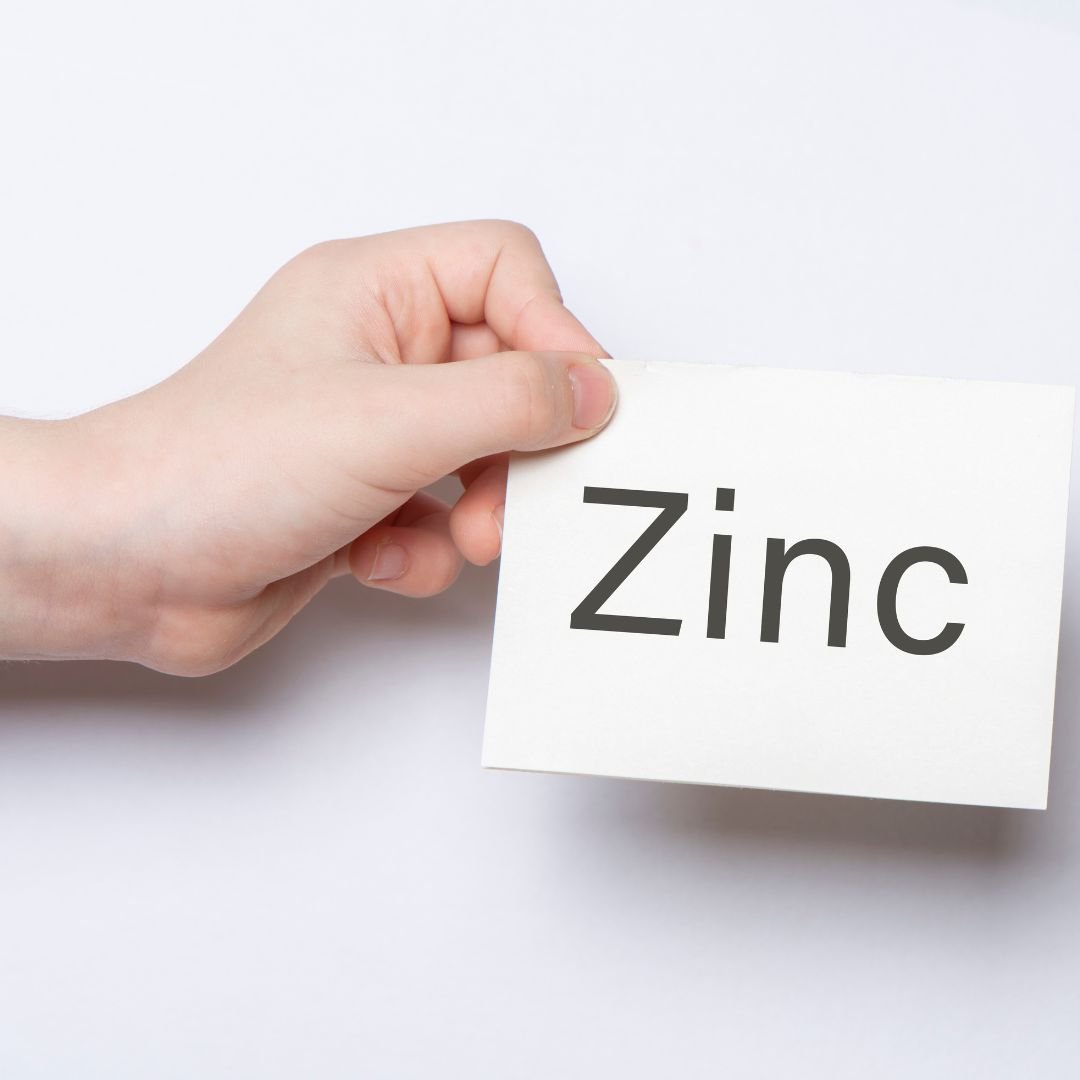
When it comes to gut health, we often think of probiotics and fiber. But there's another important player in gut health: zinc. Zinc is a mineral that's essential for our bodies to function properly. It plays a role in everything from immune function to DNA synthesis.
Zinc is a trace mineral that's present in small amounts in the human body. It plays a role in hundreds of different enzymatic reactions, including those involved in immune function, cell growth and division, wound healing, and more. When it comes to gut health specifically, zinc is involved in the repair of the intestinal barrier. The intestinal barrier is a layer of cells that lines the gut and prevents harmful bacteria and other toxins from entering the bloodstream. A healthy intestinal barrier is crucial for maintaining gut health, and zinc is essential for its repair. Zinc deficiency has been linked to gastrointestinal problems like leaky gut syndrome.
Leaky gut syndrome is a condition in which the lining of the gut becomes damaged, allowing bacteria and toxins to leak into the bloodstream. This can lead to inflammation and symptoms like joint pain, skin rashes, and digestive problems. Supplementing with zinc can help heal the gut and reduce inflammation.
Zinc is also important for immune function. A healthy gut means a strong immune system, and zinc is essential for immune function. Studies have shown that zinc supplementation can help reduce the severity and duration of colds and other respiratory infections.
How to Get Zinc in Your Diet
Zinc is found in a variety of foods, but meat, seafood, and poultry are the best sources. Other good sources include beans, nuts, seeds, and whole grains. If you don't eat meat or animal products, you can still get enough zinc by including these foods in your diet. For example, you can get zinc from lentils, chickpeas, quinoa, oatmeal, pumpkin seeds, cashews, almonds, and sunflower seeds.
Supplementing With Zinc
If you think you might be deficient in zinc, it's important to talk to your doctor before supplementing. Once you get the go-ahead from your doctor, look for a high-quality zinc supplement. You'll want to take it with food so that your body can absorb it properly. Most people don't experience any side effects from taking zinc supplements orally, but if you do start to experience GI symptoms like diarrhea or nausea after taking zinc, stop supplementing immediately and talk to your doctor.

